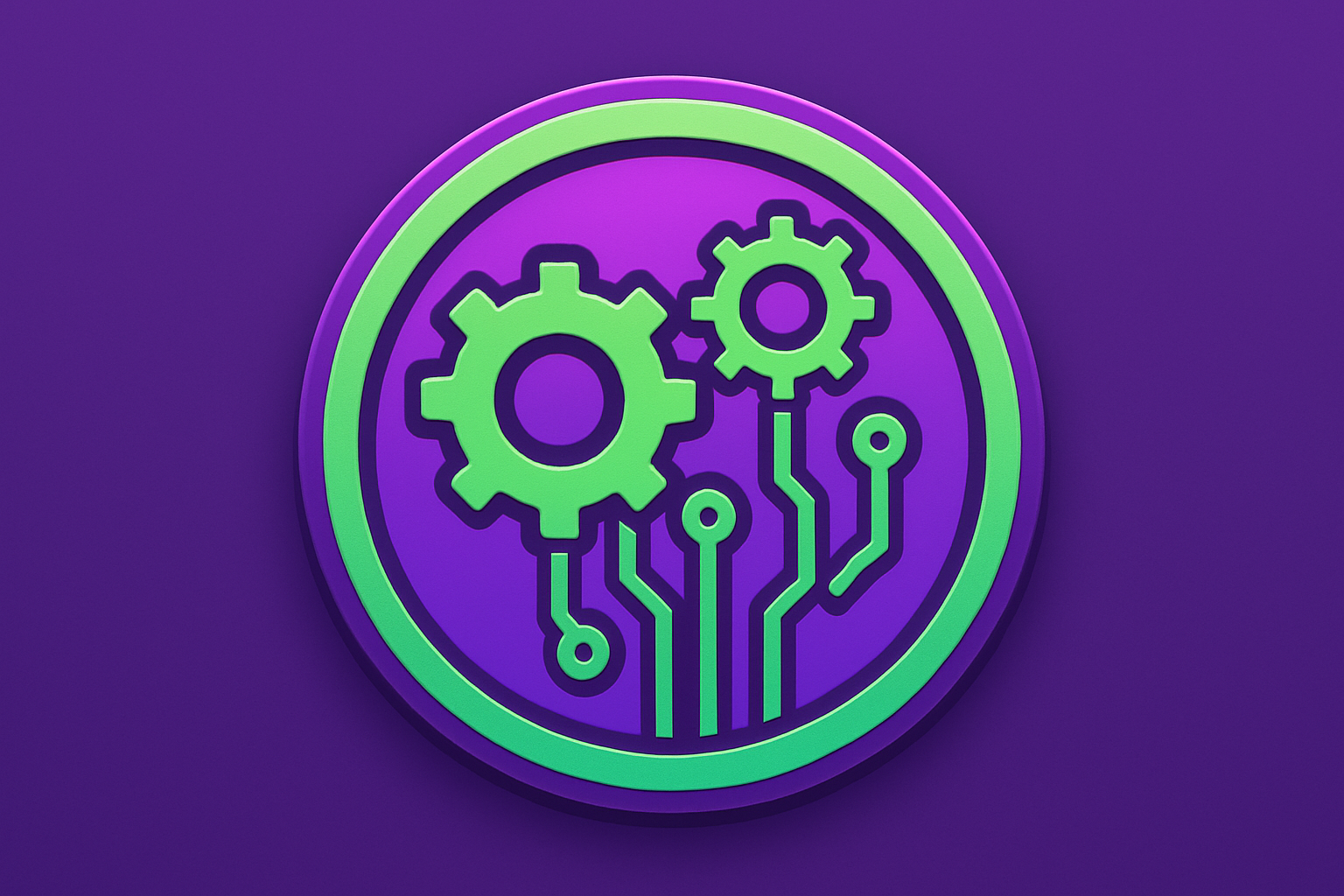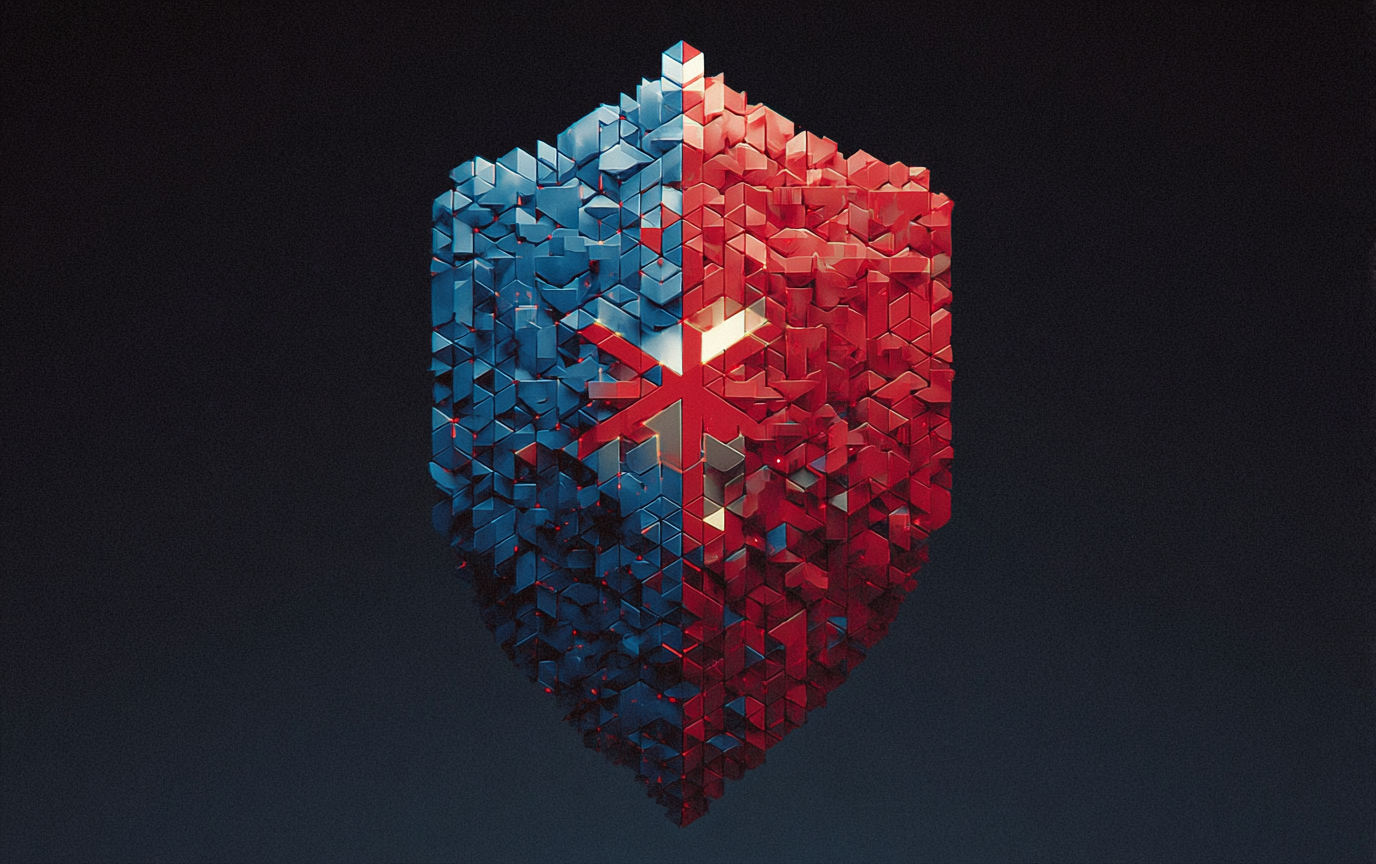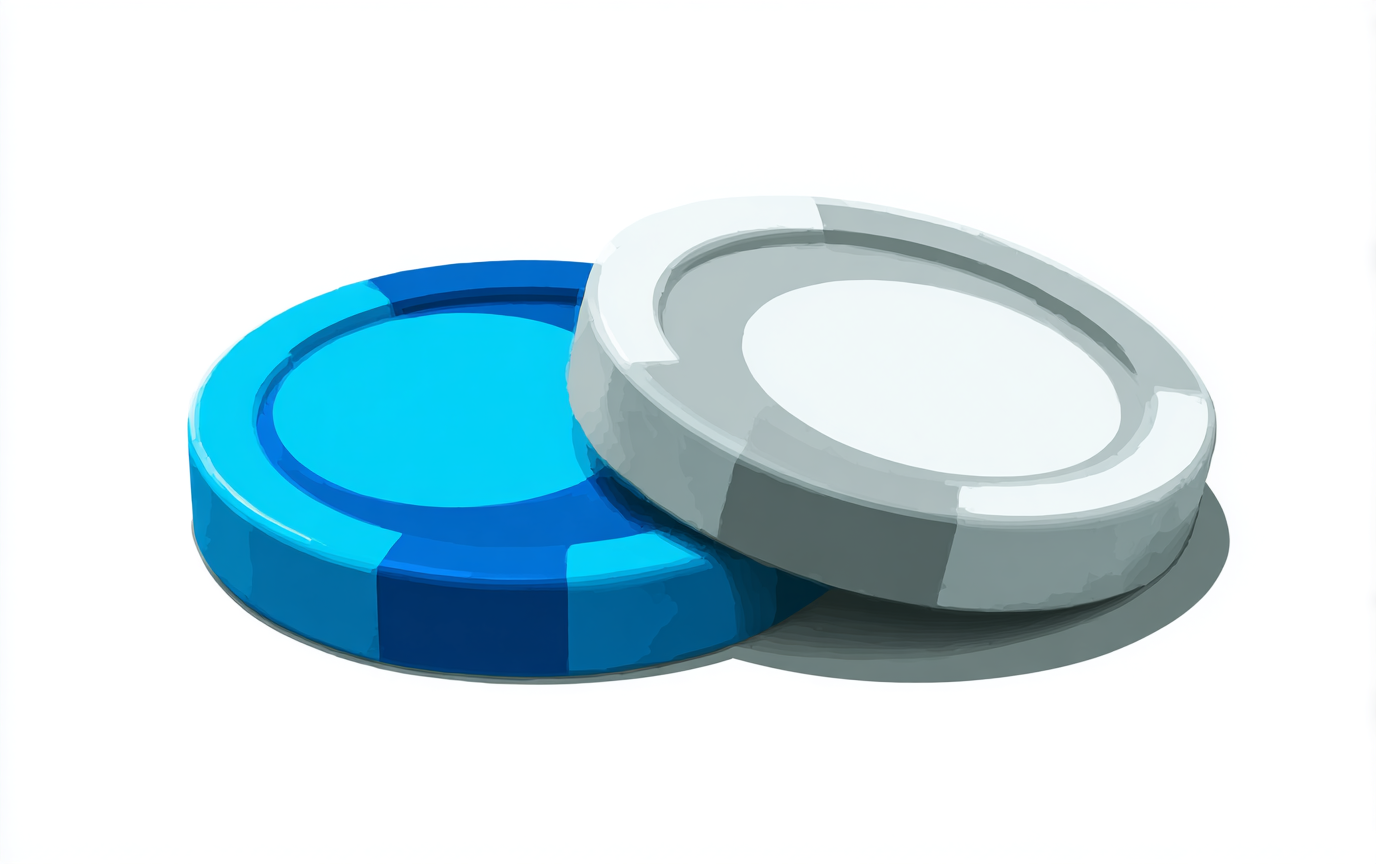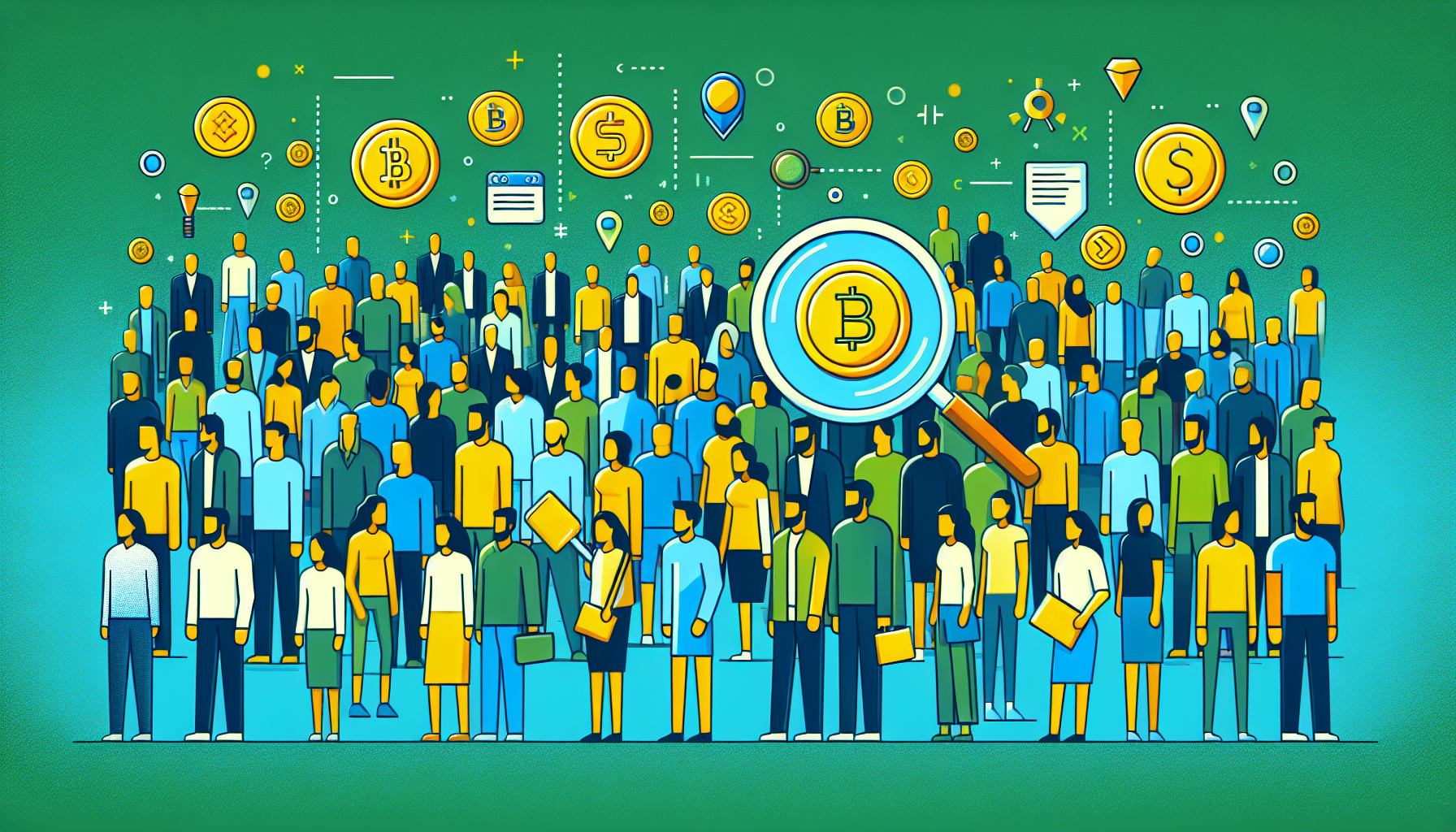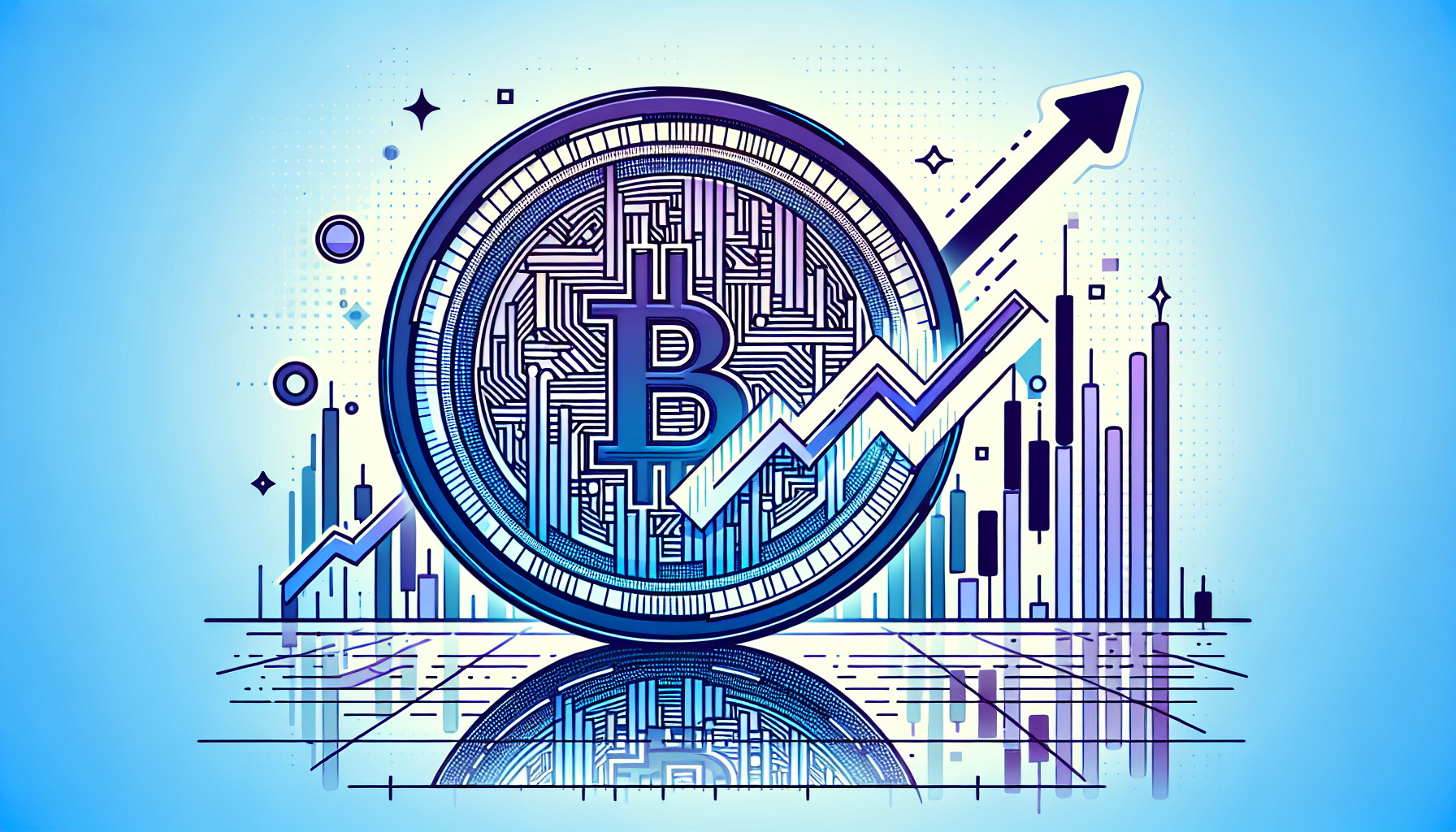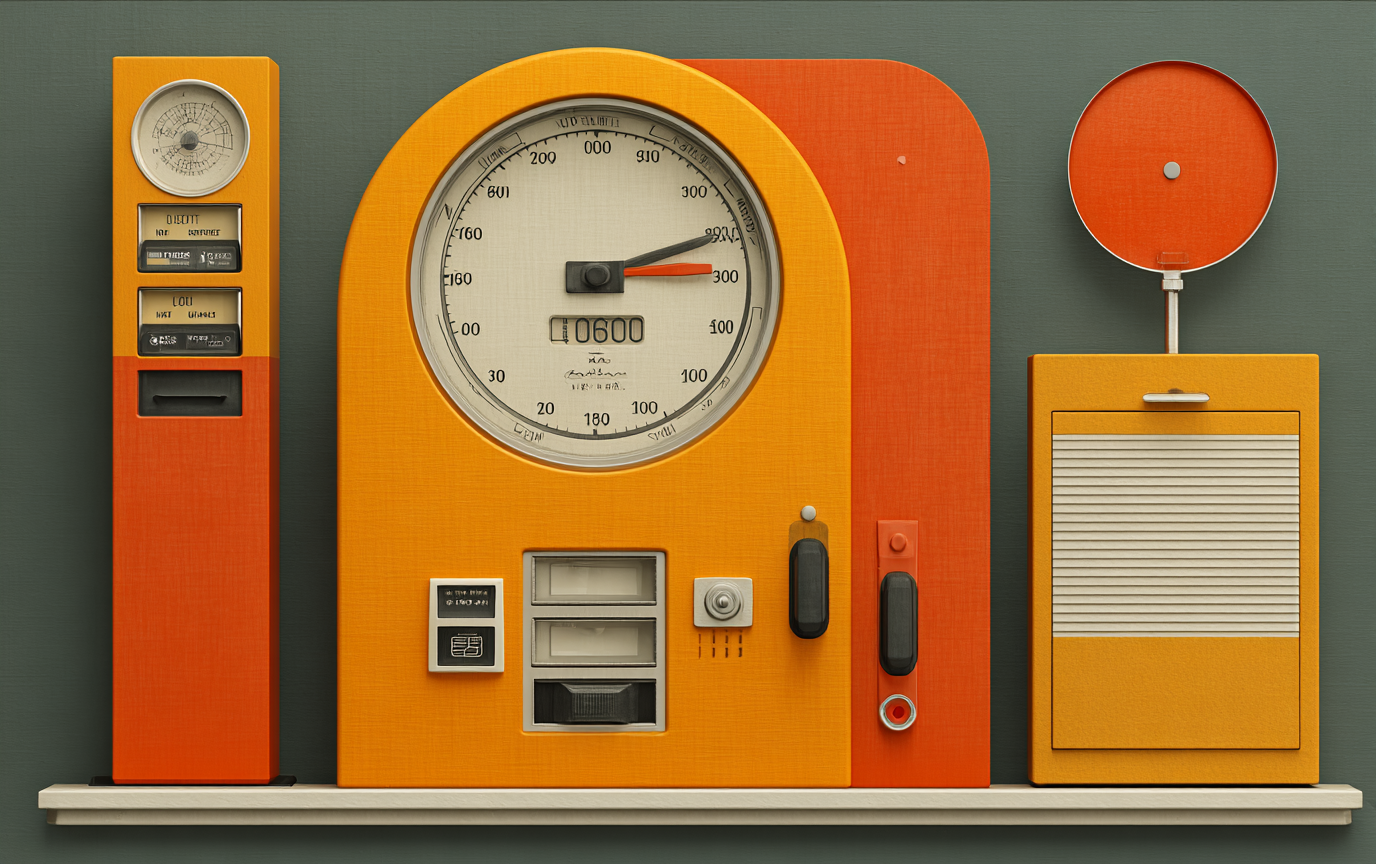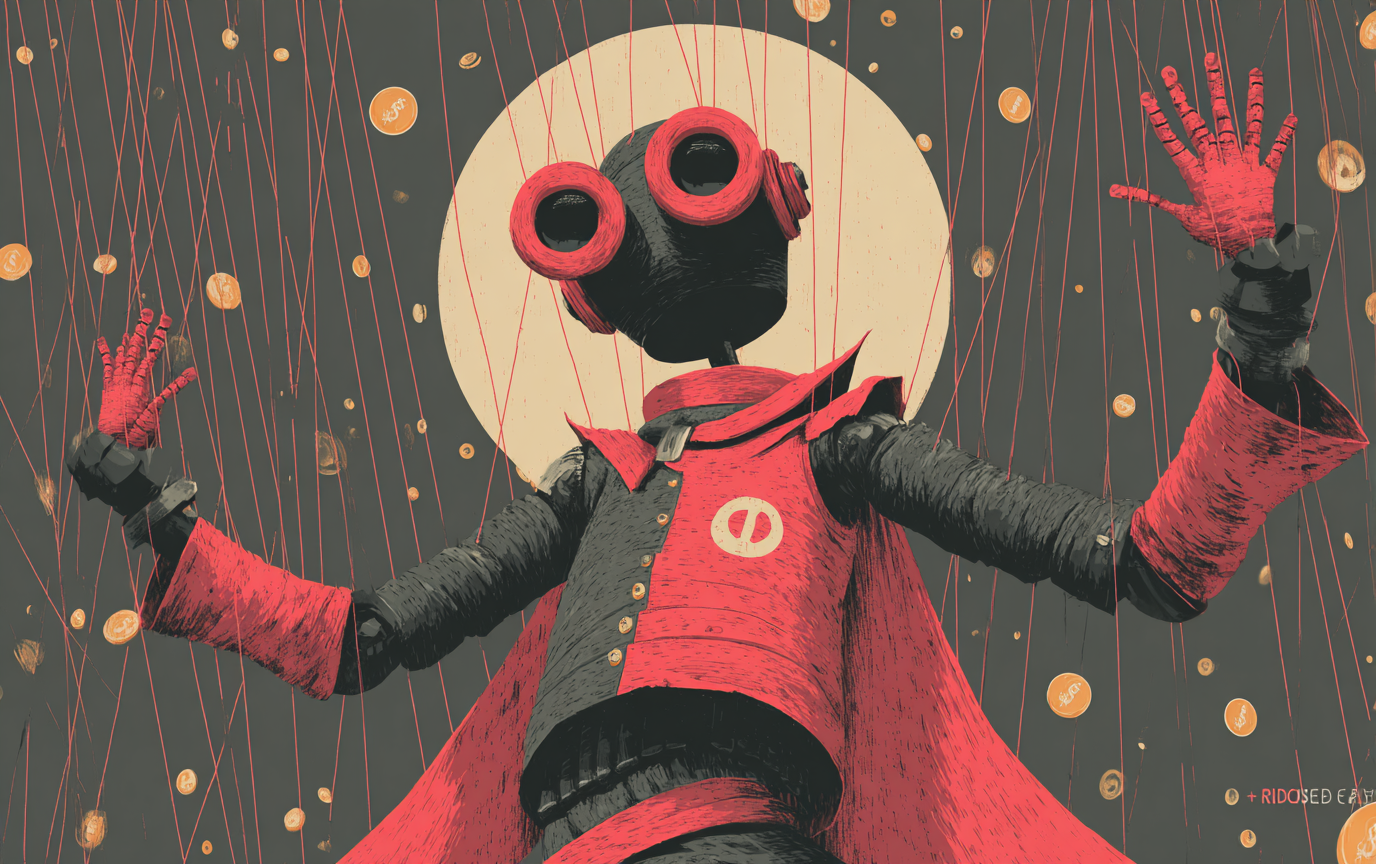In the dynamic world of cryptocurrency and blockchain technology, few concepts have captured attention quite like the Decentralized Autonomous Organization (DAO). This innovative organizational structure is revolutionizing the way communities collaborate, make decisions, and manage resources. If you’re curious about what a crypto DAO is and how it works, you’re in the right place! Understanding crypto DAOs is essential for anyone looking to navigate the rapidly evolving landscape of digital currencies and decentralized systems. With a clearer grasp of this concept, you’ll see how DAOs can empower communities and create new business models while circumventing traditional barriers.
DAOs leverage blockchain technology to provide unprecedented levels of transparency, security, and decentralization. They allow people to organize themselves for various purposes, from governance to funding projects without relying on a central authority. As you continue reading, we will dive deeper into the fascinating realm of crypto DAOs, exploring what they are, how they operate, their benefits, challenges, and real-world examples.
Get ready to unlock the potential of DAOs—whether you’re a seasoned investor, a blockchain enthusiast, or just starting your journey in the world of cryptocurrency!
What is a Crypto DAO?
A Decentralized Autonomous Organization (DAO) is essentially a blockchain-based entity that operates without any central authority. In a traditional organization, decisions are often made by a small group of executives or shareholders, leading to possible inefficiencies and abuses of power. With a DAO, decision-making power is distributed among its members, generally token holders who participate in the governance process through voting. This structure is built on smart contracts—pieces of code that automatically execute when specific conditions are met. These smart contracts establish the rules and governance for the DAO, effectively ensuring all activities are transparent and verifiable on the blockchain.Key Features of DAOs
- Decentralization: Power is distributed among members, preventing any single entity from dominating the organization. This ensures deeper community involvement and prevents a top-down approach.
- Autonomy: DAOs operate without constant oversight from a central authority. They rely on smart contracts to automate processes and enforce organizational rules, fostering trust and efficiency.
- Transparency: All transactions and decisions taken by the organization are recorded on the blockchain, making them publicly accessible. This transparency helps build trust within the community.
- Community Governance: Members have voting rights, which allows them to influence proposals and decisions actively. This system makes DAOs inherently democratic.
How Do DAOs Work?
DAOs are internet-native organizations utilizing blockchain technology to facilitate collective decision-making. Understanding how they work can help demystify the intricate processes behind them. Here’s a step-by-step overview of the operational framework of a DAO:- Creation: A DAO is created by defining its rules through smart contracts. The rules dictate how the organization functions, how funds are managed, and how governance is structured.
- Membership: Users become members of a DAO by acquiring the organization’s cryptocurrency, which often grants them voting rights. The more tokens a user holds, the more influence they may have in decision-making.
- Proposals: Members can submit proposals regarding various issues, such as funding new projects, modifying operational rules, or changing governance structures. These proposals can range from small adjustments to significant organizational shifts.
- Voting: Token holders vote on the proposals submitted. Decisions are generally made based on a majority consensus, but specific rules may vary from one DAO to another.
- Execution: Once a proposal is approved, smart contracts automatically execute the decision, ensuring that there’s no need for a central authority to enforce the outcomes.
Benefits of DAOs
DAOs offer numerous advantages that make them appealing in the crypto space. Here are some of the key benefits:- Decentralized Decision-Making: DAOs encourage community engagement and empower members. By distributing power, responsibilities are shared, leading to improved accountability.
- Transparency and Accountability: All organizational activities are documented on a blockchain, promoting a culture of transparency. This transparency builds trust among members, fostering a stronger community.
- Flexibility: DAOs can adopt various governance models depending on the needs of the community. This flexibility allows them to adapt quickly to changes in circumstances or member concerns.
- Security: While DAOs are not immune to security risks (as illustrated by past events), their decentralized nature makes them generally more resilient compared to traditional organizations. Effective implementation of smart contracts can further enhance security measures.
Challenges Facing DAOs
Despite their potential, DAOs face several challenges that can impact their effectiveness and growth:- Security Risks: High-profile hacks, such as the infamous DAO hack on Ethereum’s network in 2016, highlight the importance of robust security measures in protecting against exploits. Ensuring that smart contracts are secure and reliable is paramount.
- Regulatory Uncertainty: DAOs operate outside traditional legal frameworks, leading to potential regulatory challenges. Governments worldwide are still deliberating how to manage blockchain technologies and DAO operations, resulting in an uncertain regulatory environment.
- Complexity: Managing a DAO requires a solid understanding of blockchain technology, smart contracts, and community dynamics. New members may often feel overwhelmed, inhibiting broader participation.
Examples of Operational DAOs
These challenges notwithstanding, several DAOs have made significant impacts in the crypto space. Here are a few notable examples:- MakerDAO: Known for maintaining the stablecoin DAI, MakerDAO allows users to create collateralized loans using crypto assets. This uniquely autonomous financial institution exemplifies the potential of decentralized finance (DeFi).
- Augur: A prediction market platform that utilizes the power of blockchain technology to facilitate betting on various events, Augur operates as a decentralized platform that relies on participant input for outcomes.
- DASH: A cryptocurrency managed by its users, DASH operates as both a currency and a DAO. It enables its community members to propose and vote on improvements to the protocol, making decision-making democratic and engaging.
The Future of DAOs
As blockchain technology continues to evolve, DAOs are poised to play a pivotal role in shaping Web3 communities. The evolution of these organizations indicates a movement towards greater inclusivity and participatory governance models. With their potential to promote collaboration, transparency, and innovation, DAOs are likely to remain a central part of the cryptocurrency landscape. In addition, as more people become familiar with blockchain technology and the DAO model, we can expect an uptick in the number of DAOs created, each addressing a variety of objectives—from social causes to finance and beyond. With the rise of decentralized finance (DeFi) and various other blockchain applications, DAOs will play an increasingly significant role in the broader crypto ecosystem. In conclusion, crypto DAOs represent a bold step forward in decentralized governance and community-driven decision-making. By understanding the mechanics and potential of DAOs, we can unlock new ways to collaborate and manage resources in a rapidly evolving digital world. Whether you’re already involved in cryptocurrency or just getting started, DAOs offer an intriguing glimpse into the future of decentralized systems. Remember, the world of DAOs is more than just an ingenious tech solution; it’s a movement towards redefining how we think about organization and cooperation. For more information, check out Crypto 101, Exchange Reviews, News, and Tools and Wallets. Explore Related Articles:- How to Avoid Crypto Scams
- What Does HODL Mean in Crypto?
- Top 5 Crypto Exchanges with Low Fees
- Top 10 Cryptocurrencies for Beginners to Invest in 2025
- How to Choose the Right Crypto Exchange in 2025: A Beginner’s Guide





